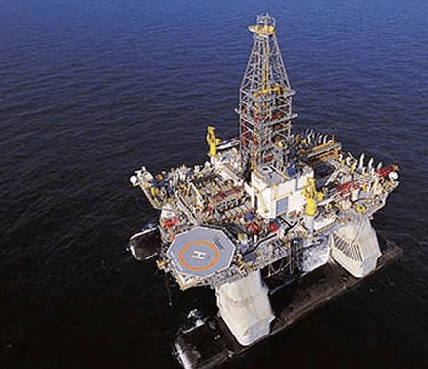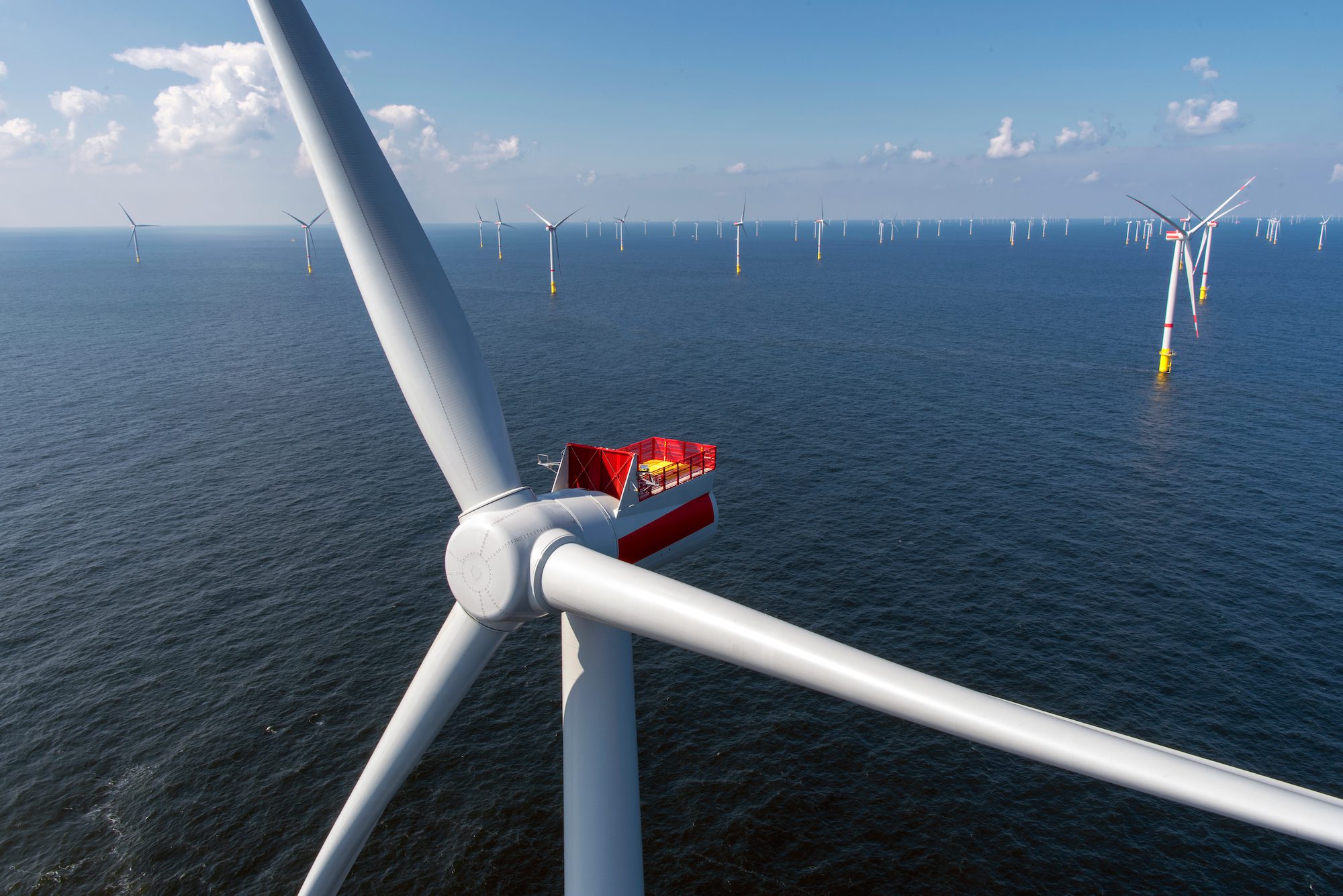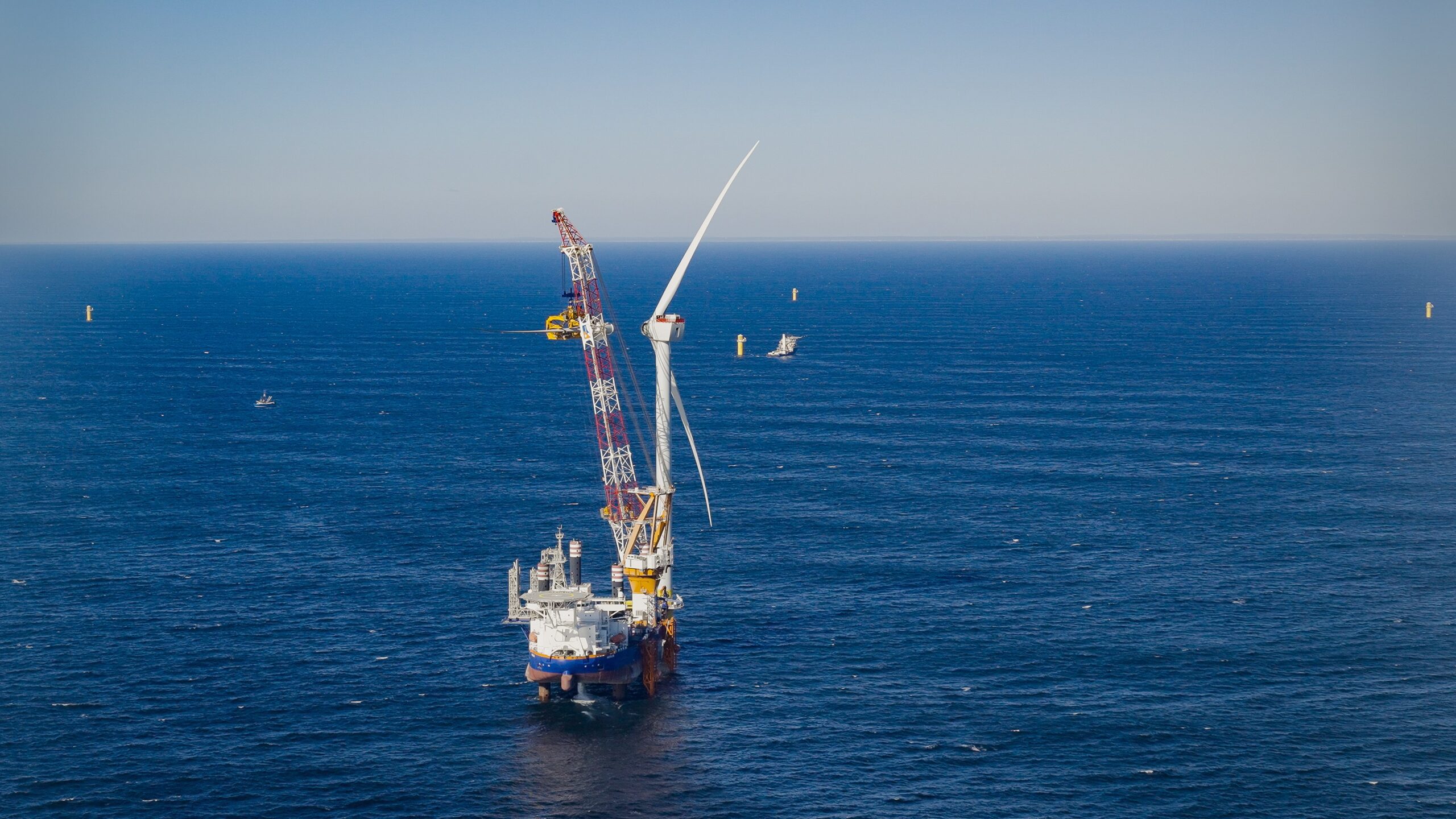The Deepwater Horizon
By Allen Johnson Jr. and Margaret Cronin Fisk
(Bloomberg) — Transocean Ltd. crew on the Deepwater Horizon “should have done more” to prevent the rig’s explosion in the Gulf of Mexico in 2010, Chief Executive Officer Steven Newman said at the trial over fault for the disaster.
Transocean’s failures led Newman to recommend the company pay $1.4 billion in civil and criminal penalties and plead guilty to a misdemeanor count of violating the Clean Water Act, he told U.S. District Judge Carl Barbier today in the nonjury trial in New Orleans.
Transocean owned the Deepwater Horizon rig that was drilling BP Plc’s Macondo well.
The company acknowledged that “our people should have done more,” Newman testified. Instead, he said, “They accepted the assessment of the BP well site leaders.”
Transocean lawyer Brad Brian asked Newman if he blamed the crew of the Deepwater Horizon for the accident that sank the rig. Nine of 11 crewmen who died were Transocean employees.
“Do I blame the crew?” Newman said. “I wish the crew would have done more. I’m not sure that is the same emotional context as ‘blame.’”
The blowout and explosion aboard the Deepwater Horizon spilled more than 4 million barrels of oil into the Gulf of Mexico. The accident sparked hundreds of lawsuits against London-based BP, Vernier, Switzerland-based Transocean, and Houston-based Halliburton Co., which provided cement services.
Disaster Liability
A nonjury trial over liability for the disaster began Feb. 25 before Barbier. The judge will determine responsibility for the disaster and whether one or more of the companies acted with willful or wanton misconduct or reckless indifference — the legal requirement for establishing gross negligence.
For BP, a finding of gross negligence would mean the company might be liable to the U.S. for as much as $17.6 billion in Clean Water Act fines, as well as unspecified punitive damages to claimants who weren’t part of the $8.5 billion settlement the company reached with most private party plaintiffs last year.
For Transocean and Halliburton, findings of gross negligence would mean the companies could be held liable for punitive damages for all plaintiffs.
Newman said Transocean and its employees have no financial incentives to cut corners or sacrifice safety for profits, an allegation leveled against BP and its contracting partners by plaintiff lawyers and government lawyers earlier in the trial, now in its fourth week.
“It’s a hazardous business,” Newman told Barbier. “Safety is one our core values and I think it’s fundamental to what we do.”
The case is In re Oil Spill by the Oil Rig Deepwater Horizon in the Gulf of Mexico on April 20, 2010, 10-md-02179, U.S. District Court, Eastern District of Louisiana (New Orleans).
Copyright 2013 Bloomberg.
Unlock Exclusive Insights Today!
Join the gCaptain Club for curated content, insider opinions, and vibrant community discussions.

 Join The Club
Join The Club













